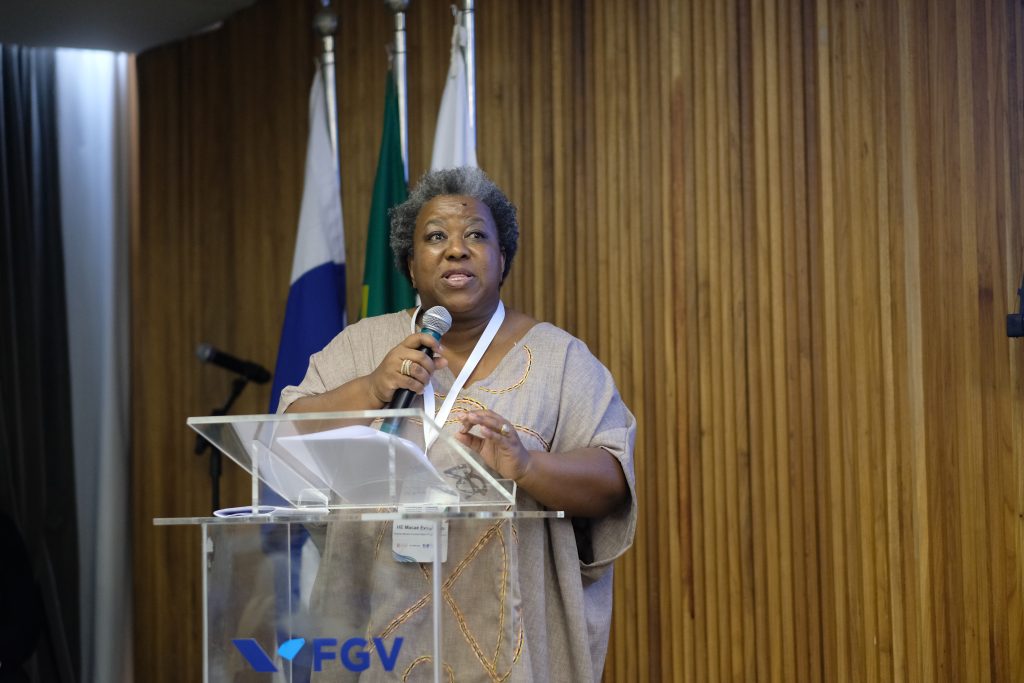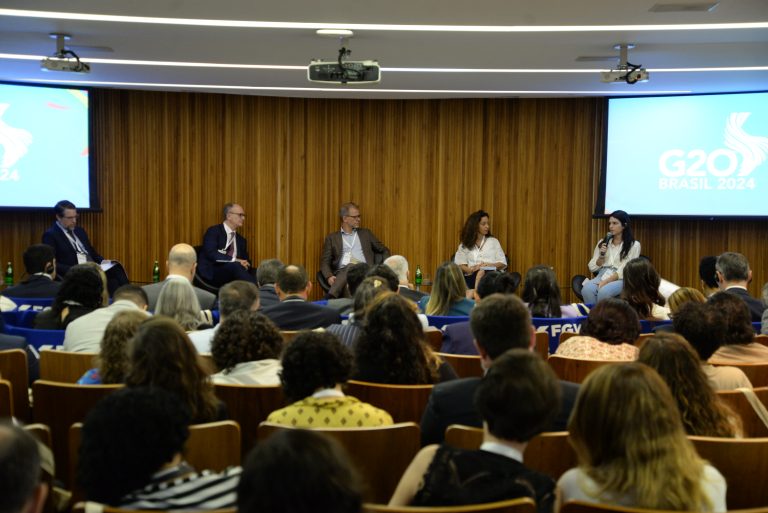São Paulo – Mobilizing educators and Brazilian and international institutions working in education was one of the “achievements” of the seminar “Catalyzing Change: The Role of Education in Building a Just and Sustainable Future,” according to one of its organizers, Emílio Munaro, superintendent of business and international relations at the Directorate of Public Management Development and Educational Policies of the FGV think tank.

The event was held by FGV itself, the Education Above All Foundation from Qatar, and the Network of Foundations Working for Development (netFWD) of the Organization for Economic Co-operation and Development (OECD) on Tuesday (19), on the sidelines of the G20 summit in Rio de Janeiro.
Munaro told ANBA on Thursday (21) that the event brought together education experts, researchers, government representatives, private institutions, state secretaries, foundations, and students, and helped mobilize society around the importance of education as a social transformer for a country.

“We were able to show the Middle East the importance [of supporting education] not only in Africa and Asia but also to recognize the potential Latin America has for development, while still being a region that needs their support and infrastructure, as education cannot be achieved by a single actor,” said Munaro. The Education Above All Foundation supports educational projects in various formats worldwide. It has recently partnered with FGV to conduct studies in the Latin American education sector, with a special focus on Brazil.
The seminar brought together 65 people working in the sector for a breakfast. Then, from 9 a.m. to 5 p.m., it hosted lectures and debates on three thematic panels: Innovative Financing in Education for Social Resilience and Sustainability, The Role of Foundations in Advancing Sustainable Development and Supporting the G20, and Educational Policies for Reducing Inequalities.
Failure and mental health among education topics
Among other guests, the meeting was attended by Education Above All officials, such as CEO Mohammed Saad Al Kubaisi. José Francisco Soares, a professor at the Federal University of Minas Gerais and former president of the National Institute for Educational Studies and Research Anísio Teixeira (INEP), presented the educational challenges posed by social inequality, particularly for Black youth and those living in poor neighborhoods. Brazil’s Minister of Human Rights and Citizenship Macaé Evaristo drew attention to issues such as bullying, the discrediting of formal education, and psychosocial health problems affecting young students.
Another topic discussed at the meeting, according to Munaro, was the high rate of failure in Brazilian schools, a measure considered punitive and one that discourages students from continuing their studies. This leads to the impact of school dropout.
The G20 summit took place on November 18 and 19 in Rio de Janeiro, under Brazil’s presidency. On the sidelines of the meeting of heads of state and government, other events were held like the seminar organized by FGV, Education Above All, and the OECD.
Read more:
FGV, Qatar foundation research education in Brazil
Translated by Guilherme Miranda




